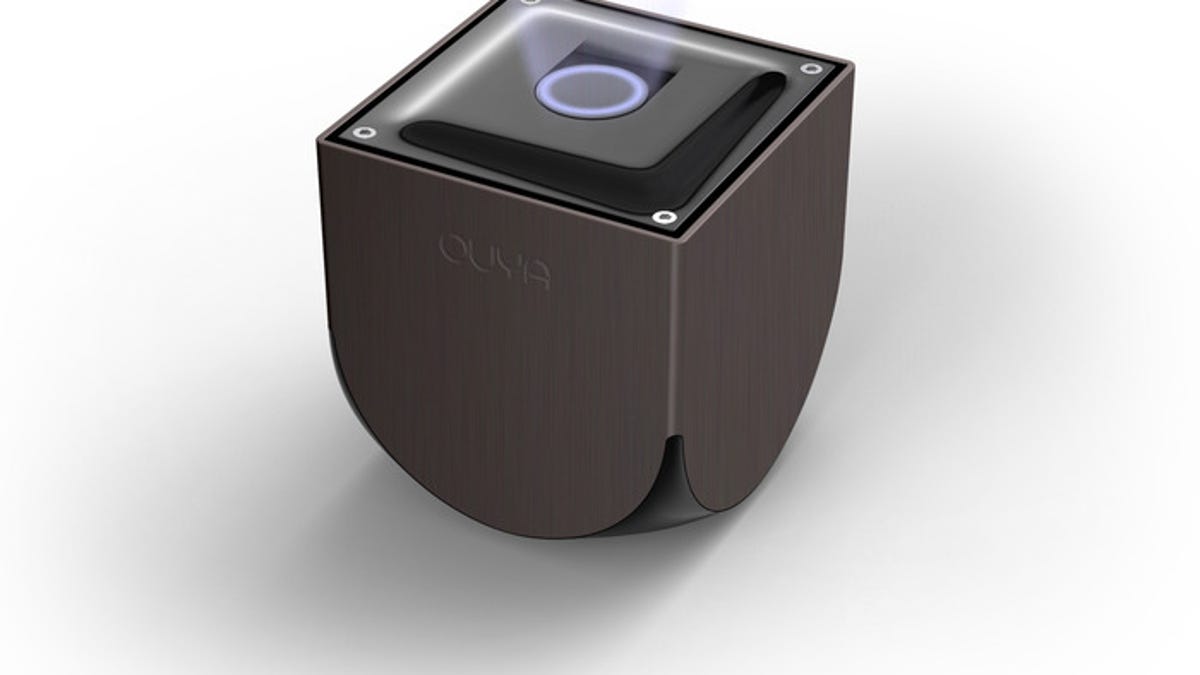Ouya console ends Kickstarter campaign $8.5 million richer
Blowing past its $950,000 fundraising goal, Ouya developer Boxer8 has uncovered consumer interest in a different kind of game console.
Yesterday was your last chance to get in on the Kickstarter fundraising for Boxer8's Ouya. After 30 days and more than 63,000 backers, the Android-powered home gaming console pulled in a total of $8,596,475 ($99 of those from your correspondent).
As my colleague Michelle Starr reports from Australia, you can now visit the Ouya Web site to place a preorder for the console. The price is now $109, and it's due to ship in March 2013.
Regardless of your thoughts on Ouya's merits, the little console that seems like it maybe could has captured a clear following for itself. The big questions remaining: how well the thing actually works, what games will it launch with, and can Boxer8 sell enough units to turn a profit?
For the latter, Nintendo's Virtual Boy might provide a useful guide. That awkward, experimental piece of hardware sold a surprising 770,000 units, at an asking price of $180. It's also a prime example of failed game console hardware.
Boxer8's desired profit margin from the Ouya, as well as its expected revenues from software likely won't directly match what Nintendo had in mind for the Virtual Boy. That makes a comparison based purely on hardware sales imperfect. Let's do it anyway.
The Ouya, at 60.6 percent of the price of a Virtual Boy, will need to sell more than 466,278 units (aka, 60.6 percent of 770,000) to achieve better sales.
The 63,419 Kickstarter donors (assume one unit per donor) represent only 13.6 percent of that 466K estimate. That leaves only 402,859 units to go. If that 466K minimum is off by half, the Ouya will only need to beat 233,100 units, or about the same units sold as the Atari Jaguar.
To Boxer8's advantage, the games market has become much bigger since the early 1990s, with estimated sales growing from $19.3 billion globally in 1993 to $76 billion today. With that much money thrown at video gaming, it certainly sounds plausible that a low-cost, reasonably capable console with a small-but-enthusiastic fan base might make enough to sustain itself.
Even in the (unlikely) event that my back-of-the-napkin estimates are accurate, the most important question remains unanswered: is the Ouya any good? We won't know for another seven months.


